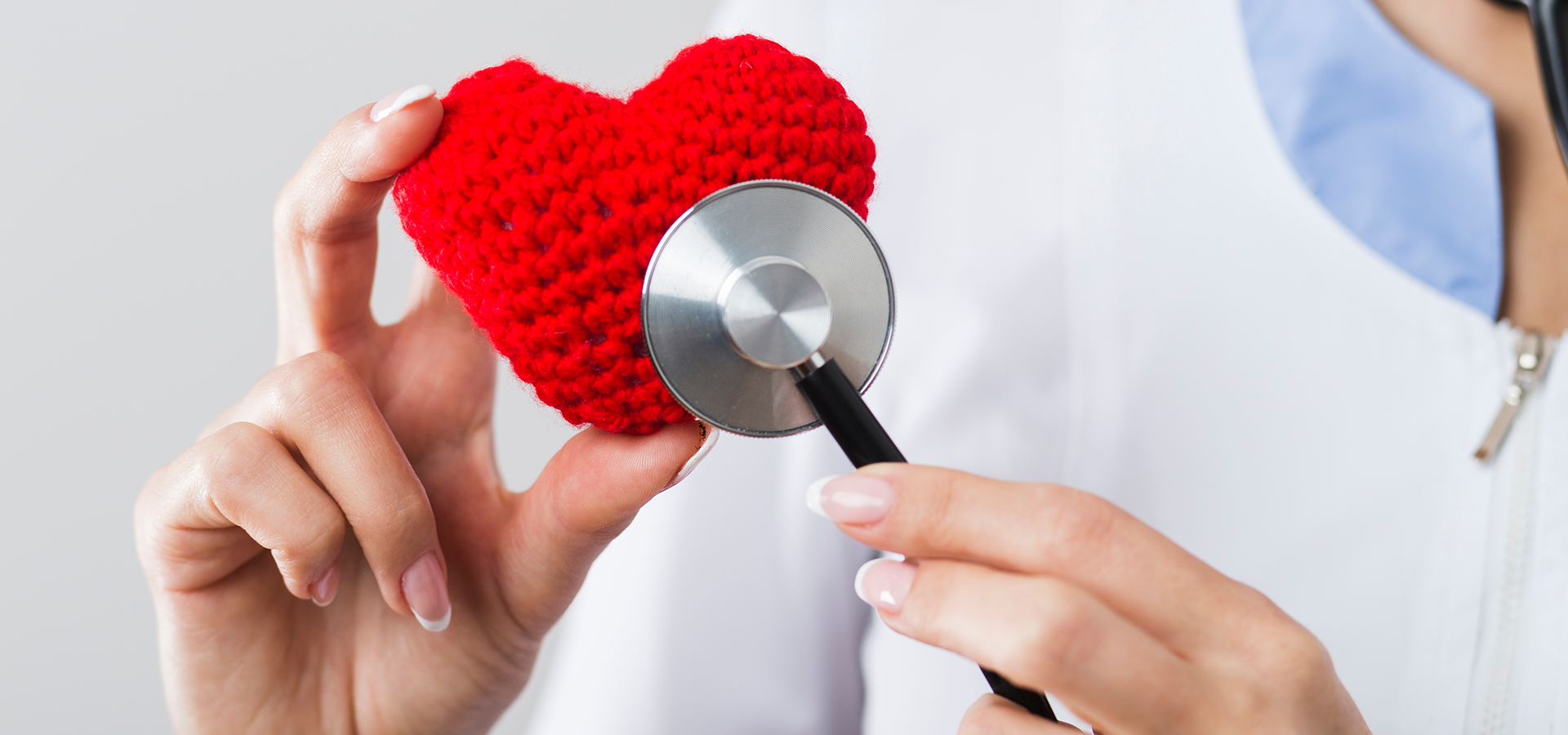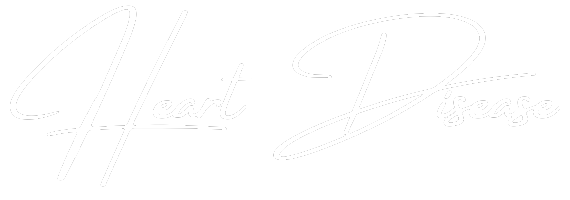
Keeping your heart healthy is vital. It impacts your whole life. Monitoring at home offers insights. You can track key indicators. This empowers proactive health management. Simple tools make it possible. Regular checks build a health picture. Understanding your body is key. It helps you catch issues early. This can lead to better outcomes.
Monitoring at home offers insights.
Your body provides clues daily. You can learn to read these signals. Home monitoring tools help track them. This gives you personal health data. It shows trends over time. This information is very powerful. It helps you stay ahead of problems. It complements doctor visits. You become an active participant.
Simple tools make it possible.
You don’t need fancy equipment. Basic devices are readily available. Blood pressure monitors are common. Heart rate trackers are everywhere. Smart scales measure weight easily. These tools are user-friendly. They provide accurate readings. They fit into daily routines. Accessibility makes it practical.
Regular checks build a health picture.
Consistency is really important. Daily or weekly measurements create a pattern. You see how habits affect numbers. Stress, diet, exercise all show. This personalized data is invaluable. It guides your healthy choices. It helps you discuss trends. Your doctor gets a clearer view. It paints a detailed picture.
Understanding your body is key.
Listen to what your body tells you. Learn what feels normal for you. Pay attention to subtle changes. Don’t dismiss new symptoms. Knowledge of your own body. It’s your first line of defense. This awareness empowers you. It helps you advocate for yourself. It’s an essential skill.
Check Your Blood Pressure Regularly
High blood pressure is a silent killer. It often shows no symptoms. But it damages arteries slowly. It stresses your heart over time. Home monitoring is very effective. Use a validated cuff device. Take readings at the same time daily. Keep a consistent record. Share it with your doctor.
It often shows no symptoms.
This makes it truly dangerous. You won’t feel hypertension. It works quietly in the background. Causing harm without warning. This silent nature is deceptive. It requires active monitoring. Don’t rely on how you feel. Measure your numbers regularly. This vigilance is crucial.
But it damages arteries slowly.
High pressure stresses vessel walls. It causes tiny tears and scarring. Plaque then builds up easily. Arteries harden and narrow. This process is called atherosclerosis. It’s a slow, progressive damage. This constant strain is harmful. It impacts your entire circulatory system.
Keep a consistent record.
Write down your measurements. Note the time and any activity. This helps identify patterns. It shows treatment effectiveness. Your doctor needs this data. It helps them adjust medication. Consistency improves accuracy. It provides valuable trend information. A log is an important tool.
Monitor Your Heart Rate
Know your resting heart rate. It’s a good indicator of fitness. A lower resting rate is often better. Track it first thing in the morning. Before getting out of bed. Smartwatches can track it continuously. Note any unusual rhythms. Palpitations should be checked. This is an easy daily check.
It’s a good indicator of fitness.
Your heart pumps efficiently. A well-conditioned heart beats slower. It doesn’t have to work as hard. Regular exercise lowers resting rate. It signifies cardiovascular health. This simple number tells a story. Track your progress over time. Aim for a healthy range.
Note any unusual rhythms.
Skipped beats can happen. Fluttering or racing feelings too. These might be benign. But they could signal a problem. An irregular heartbeat needs attention. Consult your doctor promptly. Especially if symptoms persist. Early detection is always best. Don’t ignore these signals.
Track Your Weight and BMI
Weight impacts heart health directly. Excess weight strains your heart. It increases blood pressure. It raises cholesterol levels. Use a smart scale at home. It tracks weight and BMI. Watch for sudden weight changes. Discuss any concerns with your doctor. It’s a simple, effective metric.
Excess weight strains your heart.
Your heart works harder. It pumps blood through more tissue. This extra effort is taxing. It leads to wear and tear. It can enlarge the heart. This increases heart disease risk. Maintaining a healthy weight helps. It lightens your heart’s load. It protects long-term health.
Use a smart scale at home.
These devices simplify tracking. They sync data to your phone. You see trends clearly. No manual logging needed. Many also measure body fat. This gives a fuller picture. Smart scales motivate consistency. They make monitoring effortless. Technology supports health goals.
Understand Your Cholesterol Levels
This requires a blood test. It’s not a home measurement. But knowing your numbers is vital. LDL is “bad” cholesterol. HDL is “good” cholesterol. Triglycerides also matter. Discuss results with your doctor. Understand what they mean for you. Follow advice to manage levels.
It’s not a home measurement.
You can’t do this yourself. A lab test is absolutely necessary. It requires drawing blood. This provides precise numbers. Regular testing is crucial. Your doctor will advise frequency. It’s a key part of heart assessment. Combine it with home monitoring.
LDL is “bad” cholesterol.
It builds up in arteries. This forms plaque, narrowing vessels. High levels increase heart disease risk. Lowering LDL is usually a goal. Diet and exercise help greatly. Medications might be prescribed. Understand your target range. Work to keep it in check.
Be Aware of Symptoms
Listen to your body’s warnings. Chest discomfort can be a sign. Shortness of breath is important. Swelling in legs or ankles. Unexplained fatigue or weakness. Dizziness or lightheadedness. Don’t ignore these alarming signs. Seek medical attention immediately. Prompt action saves lives.
Chest discomfort can be a sign.
It might feel like pressure. Or squeezing or fullness. It can spread to arm, jaw, back. Sometimes, it’s just mild. Don’t dismiss it as indigestion. Especially if it’s new. Any chest pain needs evaluation. It could be a serious warning. Call emergency services.
Shortness of breath is important.
Difficulty breathing can signal heart issues. Especially with mild exertion. Or when lying flat. It might indicate heart failure. Or other serious conditions. Don’t ignore persistent breathlessness. It’s a significant symptom. Seek prompt medical advice. It requires investigation.
Swelling in legs or ankles.
This is called edema. It can indicate fluid retention. A symptom of heart failure. The heart struggles to pump blood. Fluid builds up in lower limbs. It can also cause weight gain. Noticeable swelling needs attention. Consult your doctor quickly. It’s a key indicator.
Maintain a Healthy Lifestyle
This supports heart health daily. Eat a balanced, whole-food diet. Limit processed foods strictly. Get regular physical activity. Quit smoking entirely today. Manage stress effectively. Prioritize quality sleep always. These choices are your best defense. They are foundational to wellness.
Quit smoking entirely today.
Smoking damages blood vessels. It raises blood pressure instantly. It lowers good cholesterol. It directly promotes plaque buildup. Quitting is the single best step. Your heart thanks you immediately. Seek support to overcome addiction. This action is truly life-saving.
Manage stress effectively.
Chronic stress harms your heart. It raises blood pressure and heart rate. It can lead to unhealthy coping. Develop healthy stress techniques. Meditation, yoga, hobbies help. Spending time in nature. Connect with loved ones often. Reducing stress protects your heart. It improves overall well-being.
Monitoring your heart health at home by regularly checking blood pressure, heart rate, and weight, coupled with recognizing key symptoms and maintaining a healthy lifestyle, empowers proactive self-care and enables early detection of potential issues.
